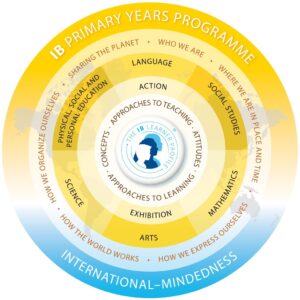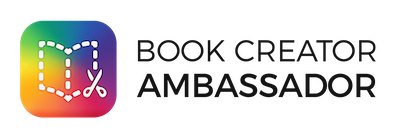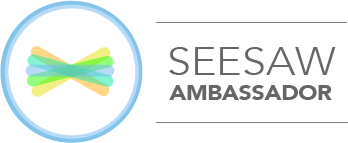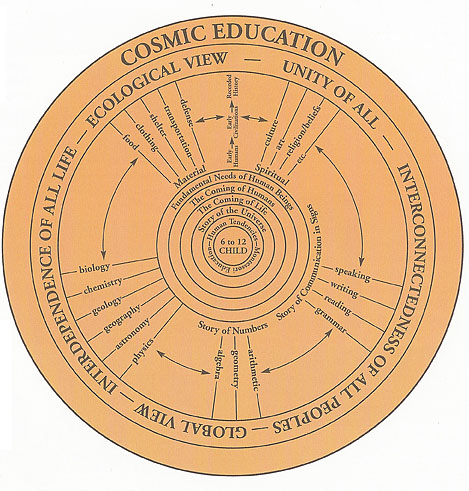
There are many different ways to learn. Howard Gardner points to different intelligences, Loris Malaguzzi describes 100 languages, Mark Wahl sees animal temperaments… Being an educator does not mean we simple deliver content, it means we are researching theory, hypothesising results, experimenting with materials to provide students with experiences that lead them into knowledge. In this journey to provide my students with these type of differentiated learning experiences, I have been reading research and documentation on the Montessori Method. Here are my notes and links to Evernote pages*.
Dr. Maria Montessori: a life in bullet points
- First female doctor trained in Italy
- Worked with mentally impaired children
- Created learning manipulatives
- Despite disabilities, children achieved amazing results in standardised tests
- Applied methodology to children with disabilities with great success
- Started training teachers in Italy and all over the world
- Fled Italy for India before WWII after disagreements with Mussolini
- Found kindred Spirit in Ghandi
- Restricted from leaving India during the war by British (India was apart of the British Empire at that time)
- Travelled India sharing her philosophy and methodologies, and delivering teacher training
Here is an interesting documentary about Montessori’s life, personal and professional, and how it shaped many of her theories.
Here is a great drawing/explaining short film about the Montessori Method
Here is a Forbes article and related article) highlighting the inquiry quality inherent in Montessori education and how student questions are valued above the product of learning… All sounding very IB 🙂
Here is the Cosmic Education and PYP diagrams – some interesting similarities.
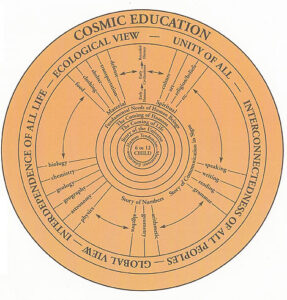
My research has focused on Language and Mathematics. Now, I know I might be stepping on the feet of purists but I don’t work in a Montessori school so I can not be a purist… Yet you just have so many exciting, inquiry based learning opportunities available I have to steal some!
Here and here are explanations of each of the materials/presentations I am interested in adapting for my classroom – presenting as a provocation. It is interesting to note that many teachers I encountered in my investigation advocate giving student ample time with the materials before guiding/facilitating students toward meaning.
These hands on experiences are sequenced from concrete to abstract – it’s called the “Path to Abstraction” – I love how this is phrased – it is essentially what education should be: supporting students towards independence!
* Evernote files are a work in progress and I am thinking of changing them into Pinterest Boards.





